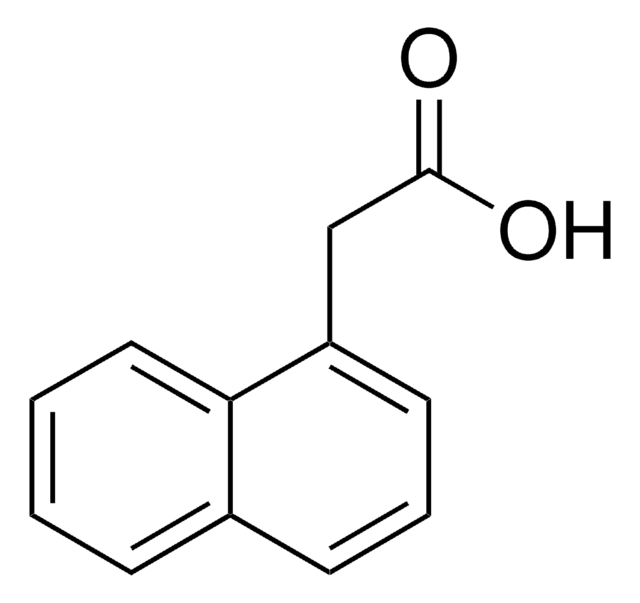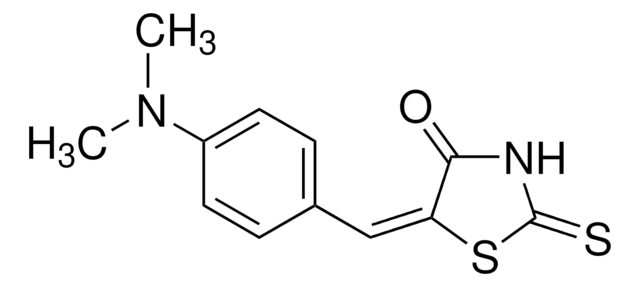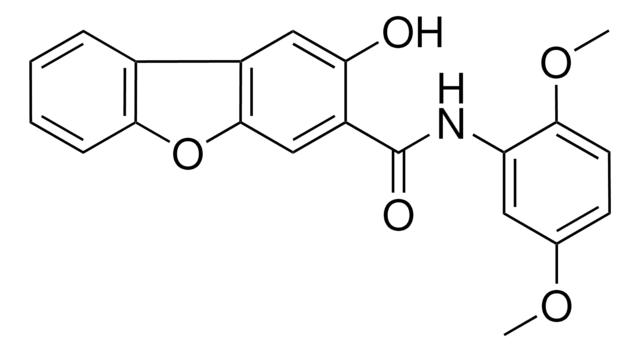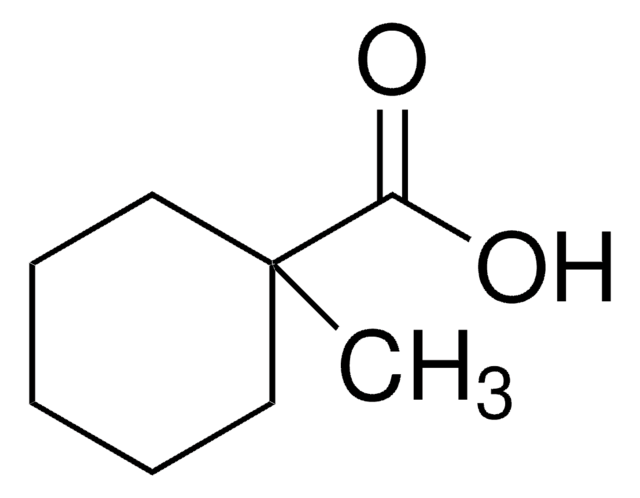70340
Naphthenic acid
technical
Synonym(s):
Acidol (petroleum by-product), Sunaptic B
About This Item
Recommended Products
grade
technical
form
liquid
acid value
~215
density
0.92 g/mL at 20 °C (lit.)
InChI
1S/C10H18O2/c1-2-8-3-4-9(7-8)5-6-10(11)12/h8-9H,2-7H2,1H3,(H,11,12)
InChI key
WVRFSLWCFASCIS-UHFFFAOYSA-N
Application
Analysis Note
Signal Word
Warning
Hazard Statements
Precautionary Statements
Hazard Classifications
Eye Irrit. 2 - Skin Irrit. 2 - Skin Sens. 1
Storage Class Code
10 - Combustible liquids
WGK
WGK 1
Flash Point(F)
213.8 °F - closed cup
Flash Point(C)
101 °C - closed cup
Personal Protective Equipment
Certificates of Analysis (COA)
Search for Certificates of Analysis (COA) by entering the products Lot/Batch Number. Lot and Batch Numbers can be found on a product’s label following the words ‘Lot’ or ‘Batch’.
Already Own This Product?
Find documentation for the products that you have recently purchased in the Document Library.
Customers Also Viewed
Our team of scientists has experience in all areas of research including Life Science, Material Science, Chemical Synthesis, Chromatography, Analytical and many others.
Contact Technical Service










